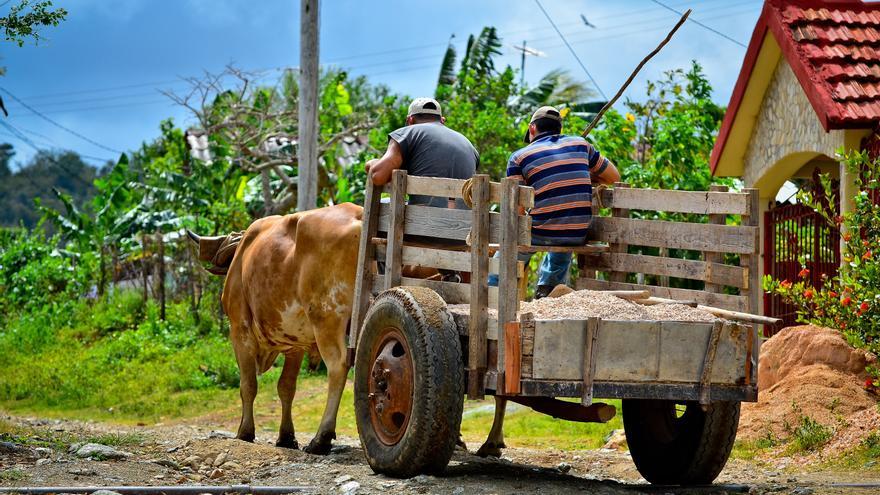
![]() 14ymedio, Marcelo Hernández, Havana, September 13, 2018 — One of the subjects that has come up most frequently in the meetings where the reform of the Constitution is being debated is the necessity to have a Law of Animal Protection. The majority of the people who have launched the proposal are thinking especially about the infinite number of abandoned dogs and cats in Cuba’s cities, the violence they are victims of, and the irresponsible abandonment that they suffer at the hands of their owners.
14ymedio, Marcelo Hernández, Havana, September 13, 2018 — One of the subjects that has come up most frequently in the meetings where the reform of the Constitution is being debated is the necessity to have a Law of Animal Protection. The majority of the people who have launched the proposal are thinking especially about the infinite number of abandoned dogs and cats in Cuba’s cities, the violence they are victims of, and the irresponsible abandonment that they suffer at the hands of their owners.
The bad working conditions of thousands of horses used for passenger transport all over the country is also on the minds of many of those demanding an end to such bad treatment and the establishment of a law that prevents excesses. However, few think about the many oxen used for farming labor all over the country, made invisible as a matter of course, but in a situation many times worse than that of those horses who pull coaches packed with people or of abandoned pets.
The long economic crisis in the country and the lack of a market selling agricultural machinery has meant that for decades the majority of work on the land is done with these animals. Without the plow, with its corresponding yoke of oxen, it wouldn’t be possible to produce many of the products sold on the stands in markets. With the lack of tractors and mechanized combine harvesters, a large percentage of the harvest in rural areas rests on the backs of these animals.
In the Matanzas plain, Rigoberto takes care of his two oxen like they are the apple of his eye. He raised them from birth and they answer to the names General and Florentino. “Without these animals my family would be even worse off,” recognizes the farmer, who grows greens and vegetables. “I take care of them like they were my own children,” the farmer shares, although he recognizes that his story isn’t very common in the surrounding area.
“On the closest cooperatives and on the state-owned farms, these animals are exploited and so they have a short life, because they aren’t given time to rest nor the food that they need,” Rigoberto believes. “When a guajiro (Cuban farmer) is the one who has a yoke of oxen, he tends to take care of them more, because it is very expensive and it will take a long time to get others.” General and Florentino sleep under a roof in an improvised shed that Rigoberto made. “You need to have a veterinarian look after them and give them fresh grass along with enriched fodder,” he points out.
However, another view appears as soon as one leaves this Matanzas man’s farm. Ribs sticking out, snouts injured by a badly placed nosering, and workdays that never seem to end is the most common lot of the area’s oxen. Those that hope, along with dogs, cats, and horses, that legislation is passed in their favor.
Translated by: Sheilagh Carey
____________________________
The 14ymedio team is committed to serious journalism that reflects the reality of deep Cuba. Thank you for joining us on this long road. We invite you to continue supporting us, but this time by becoming a member of 14ymedio. Together we can continue to transform journalism in Cuba.
